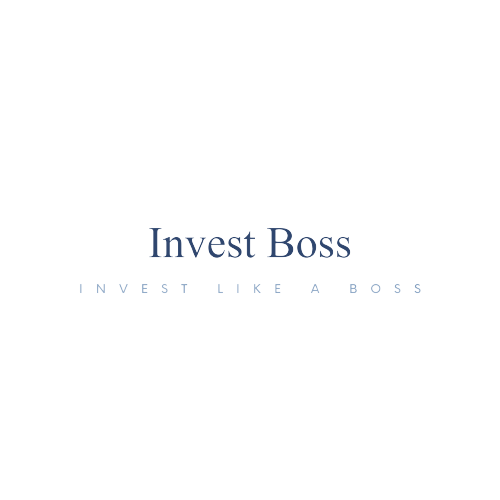The Intricate Interplay of Psychology and Market Dynamics in Stock Market Bubbles: A Comprehensive Analysis
Introduction
The concept of a stock market bubble, while frequently discussed, remains a nebulous and contentious topic among financial analysts, economists, and investors. The term 'bubble' is often employed to depict a scenario where an asset's price significantly overshadows its intrinsic value, primarily propelled by exuberant market behavior. However, as Tom Lee of Fundstrat elucidates, the definition of a bubble is not universally agreed upon. Instead, the perception of a bubble is often subjective, deeply entrenched in investor psychology, and influenced by complex market dynamics.
The Complexity of Bubble Psychology
"The psychology underpinning a bubble is a convoluted interplay of cognitive biases, herd mentality, and the pervasive fear of missing out (FOMO). Lee identifies a defining characteristic of a bubble as the emotional response triggered when an investor observes others profiting from a particular stock while they are not. This emotional trigger can lead to irrational decision-making, as investors may feel compelled to join the crowd to avoid missing out on potential gains. This behavior can inflate asset prices beyond their fundamental value, creating a bubble. However, when the crowd sentiment shifts, the bubble can burst, leading to precipitous price declines."
Historical Context and Lessons
Historically, the dot-com bubble of the late 1990s and the housing bubble of the mid-2000s serve as quintessential examples of this phenomenon. During these periods, investor exuberance drove asset prices to unsustainable levels. The subsequent bursting of these bubbles led to significant financial losses for many investors.
The AI Sector: Bubble or Sustainable Growth?
In the contemporary market landscape, concerns have been raised about a potential bubble in the AI sector. Companies like Nvidia, a significant player in the AI industry, have witnessed their stock prices soar in recent years. However, as Lee points out, even after substantial gains, the rise in Nvidia's stock price is still far from the exponential increases witnessed during the dot-com bubble.
"Moreover, Lee notes that the majority of mega-cap tech stocks are still trading below their all-time highs. This observation suggests that despite the hype surrounding AI, the broader tech sector is not exhibiting the typical characteristics of a bubble."
Conclusion: Navigating the Bubble Conundrum
Understanding the psychology behind stock market bubbles can provide invaluable insights for investors. While it's impossible to predict with certainty when a bubble will form or burst, being cognizant of the psychological factors at play can help investors navigate volatile markets.
"As Lee suggests, the perception of a bubble is often subjective and influenced by individual experiences and emotions. Therefore, a disciplined investment approach, grounded in fundamental analysis and a clear understanding of individual risk tolerance, is crucial in any market environment."
While the rapid growth in AI-related stocks has raised concerns about a potential bubble, it's essential to consider these factors in the context of broader market dynamics and individual company performance. As the debate around the definition and identification of stock market bubbles continues, one thing remains clear: understanding the psychology of bubbles is a crucial aspect of navigating the complex world of investing. The interplay of psychology and market dynamics in the formation and bursting of bubbles is a testament to the intricate and multifaceted nature of financial markets.

